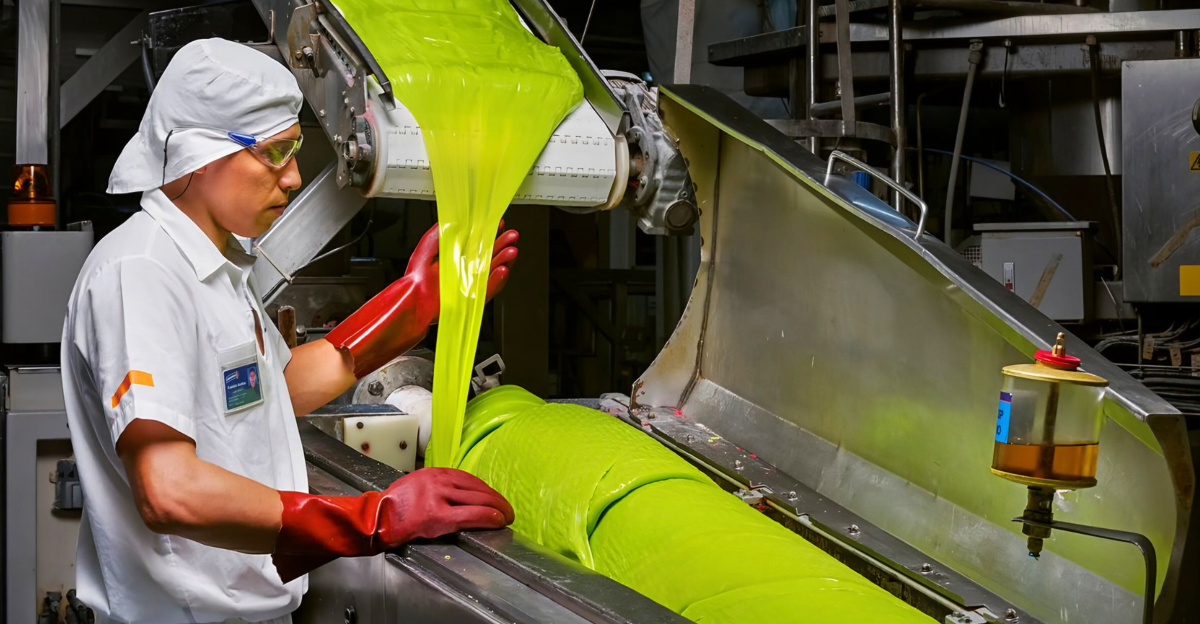
We all know that processed foods are packed with preservatives and other ingredients that don’t do us any favors when it comes to our health, but how often does someone actually do something about it? Well, West Virginia stepped up and decided to ban most artificial dyes, which is a massive step in the right direction.
Governor Patrick Morrisey signed House Bill 2354 into law, prohibiting seven synthetic dyes in all food and beverages sold within the state. The legislation, which also targets two preservatives, shows the growing concerns over the potential health risks these chemicals pose, especially to children.
Motivations Behind the Ban
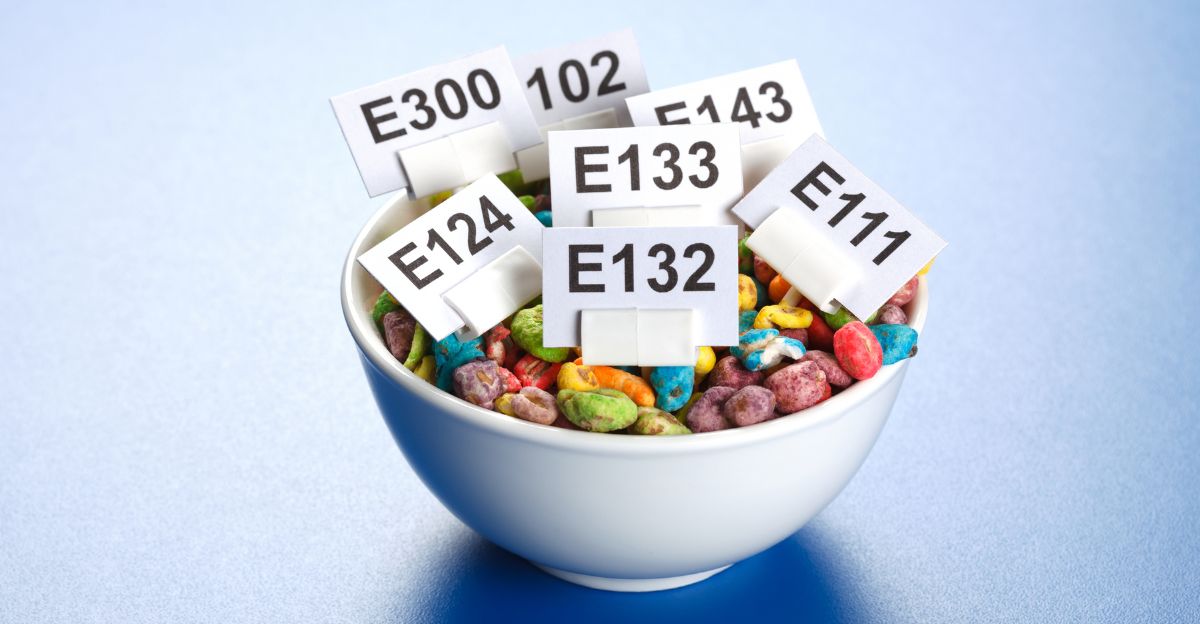
Lawmakers and health advocates pointed to mounting scientific evidence linking synthetic dyes to behavioral issues like hyperactivity and attention problems in children and potential long-term risks, including cancer and hormone disruption. With West Virginia ranking near the bottom in national health metrics, state leaders saw an opportunity to address chronic health challenges by eliminating unnecessary and potentially harmful additives.
“This is probably the most important bill that we will vote on in our entire careers here,” said Sen. Laura Wakim Chapman, R-Ohio, chair of the Senate Health and Human Resources Committee, during the Senate debate. “This will be the start of making our state and our children healthier.”
A State Plagued by Health Challenges
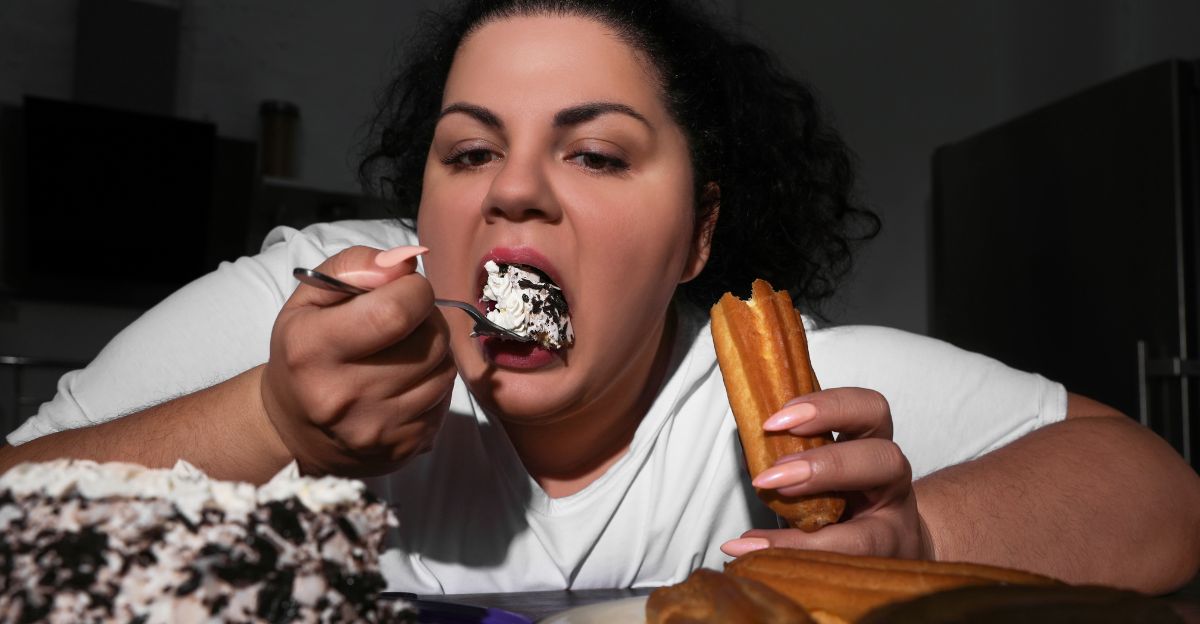
The state consistently ranks among the worst in the nation for rates of obesity, diabetes, heart disease, and cancer. Nearly 41% of West Virginia adults are classified as obese, and more than 15% have been diagnosed with diabetes, with thousands more undiagnosed or living with prediabetes.
“West Virginia ranks at the bottom of many public health metrics, which is why there’s no better place to lead the Make America Healthy Again mission,” said Governor Morrisey. “By eliminating harmful chemicals from our food, we’re taking steps toward improving the health of our residents and protecting our children from significant long-term health and learning challenges. Thank you to the Legislature, HHS Secretary Robert Kennedy, and the entire Trump Administration for helping us launch this movement right here in West Virginia.”
What the Ban Covers
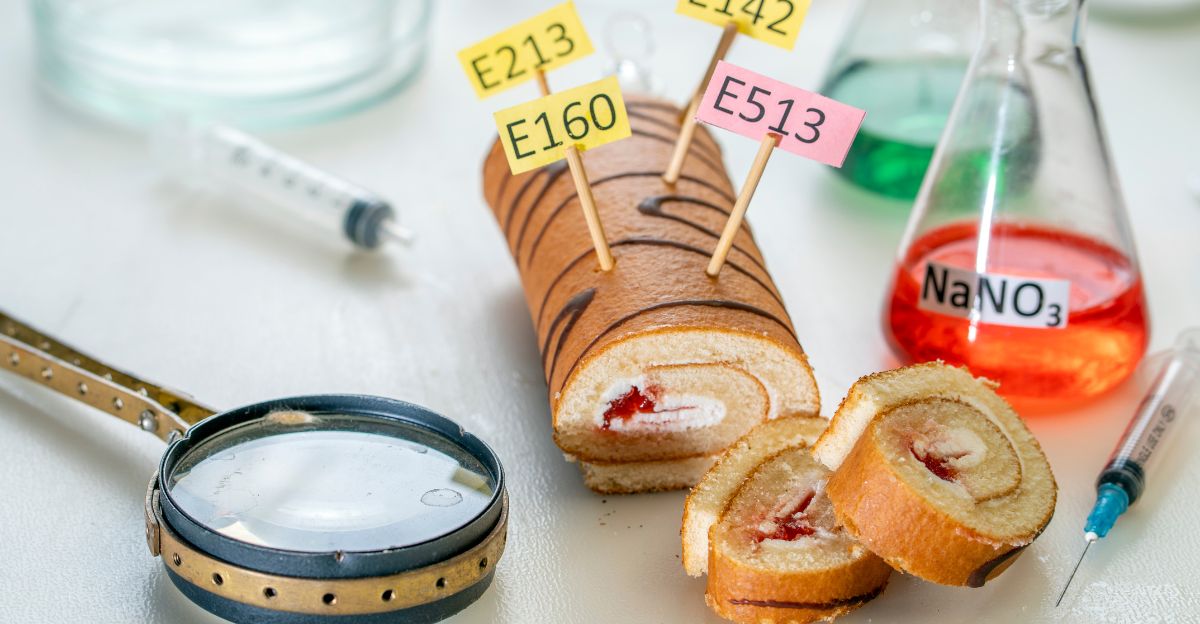
The legislation specifically prohibits seven synthetic food dyes—Red Dye No. 3, Red Dye No. 40, Yellow Dye No. 5, Yellow Dye No. 6, Blue Dye No. 1, Blue Dye No. 2, and Green Dye No. 3—as well as two chemical preservatives, butylated hydroxyanisole (BHA) and propylparaben. The law covers a broad spectrum of products, including breakfast cereals, snack foods, baked goods, candies, and even certain drugs, classifying any item containing the banned substances as adulterated and subject to removal from the market.
“No more toxic colors, no more poisoning ourselves or our children. Our health is not for sale,” Chapman said.
Phased Implementation Timeline
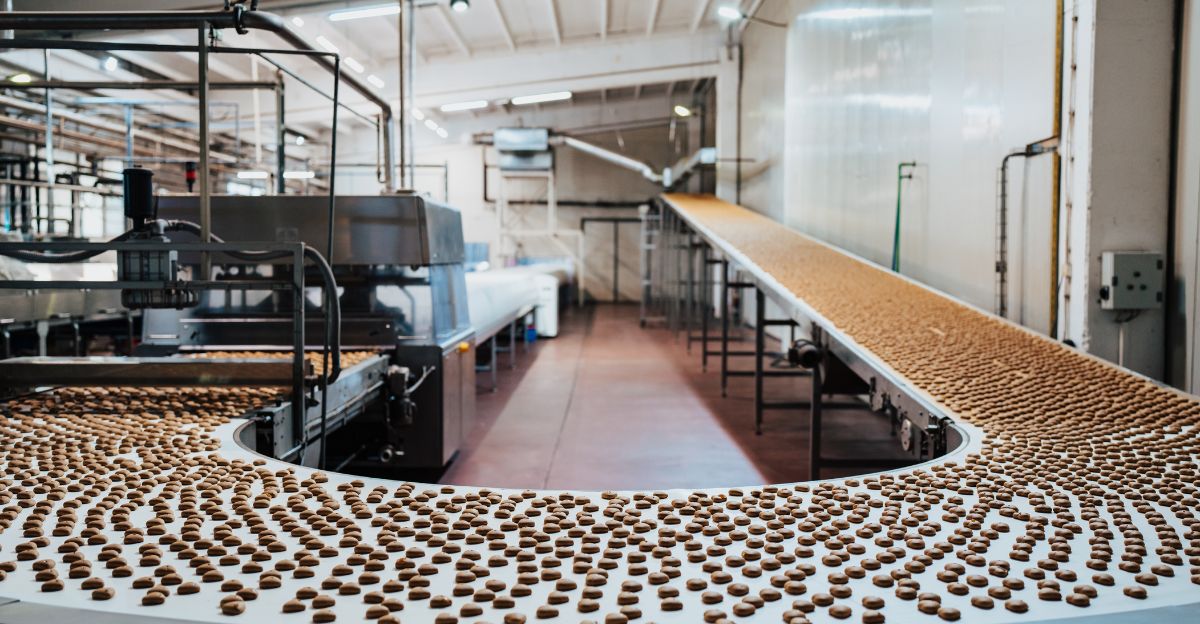
The ban on these dyes will not be immediate to give schools, manufacturers, and retailers time to adapt. The first phase takes effect on August 1, 2025, when all foods and beverages served in school nutrition programs must be free of the seven banned synthetic dyes and two preservatives. This immediate focus on schools reflects the state’s priority to protect children’s health and ensure safer meals in educational settings.
The second phase expands the ban statewide: by January 1, 2028, the same restrictions will apply to all food and beverage products sold anywhere in West Virginia, regardless of where they are produced.
Legislative Support and Bipartisan Backing
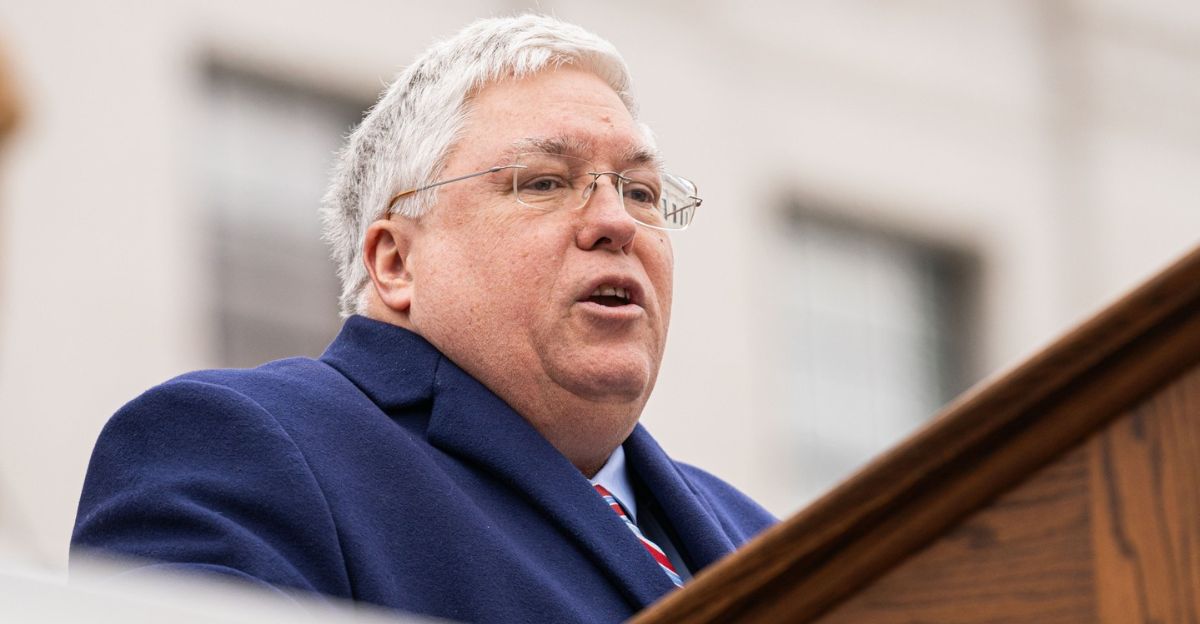
House Bill 2354 sailed through both chambers of the state legislature with near-unanimous votes, passing the House of Delegates 93-5 and the Senate 31-2. Lawmakers from both major parties united around the shared goal of improving public health, with many citing the urgent need to address the state’s chronic health issues and protect children from potentially harmful additives.
The bill’s lead sponsor, Republican Delegate Adam Burkhammer, and prominent supporters like Republican Senator Laura Wakim Chapman emphasized that the measure transcended party lines and focused instead on the well-being of West Virginia families.
The Controversial Backlash
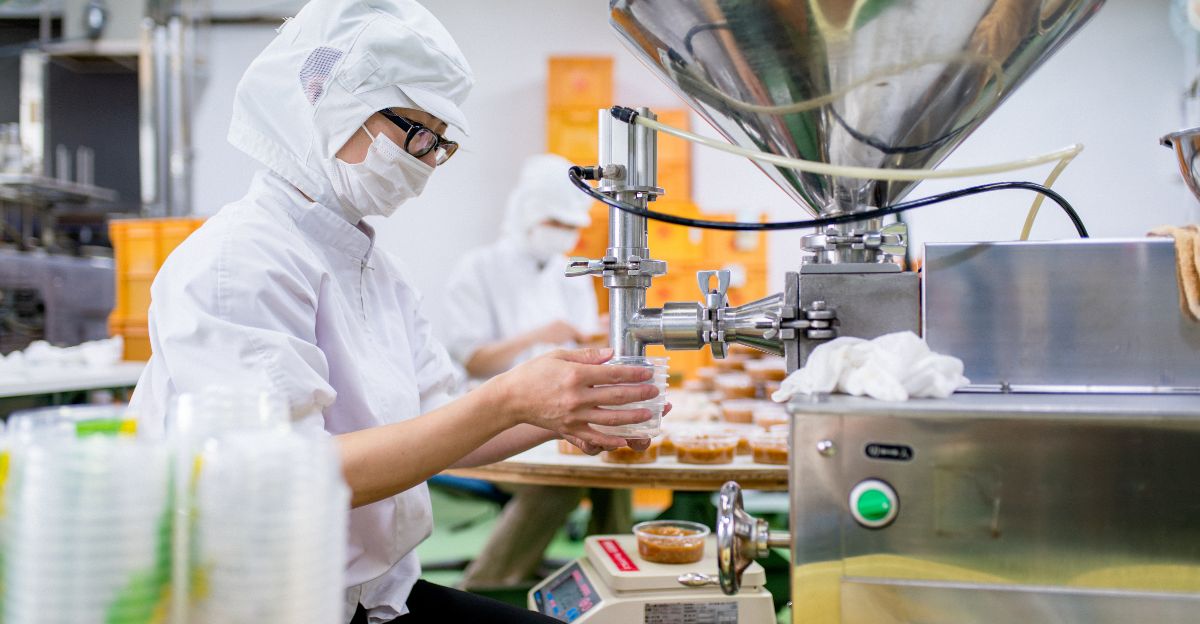
Despite broad legislative support, West Virginia’s artificial dye ban has ignited significant controversy and backlash from industry groups, consumer advocates, and some lawmakers. Critics argue that the law is overly broad and will have far-reaching economic consequences, including higher food prices, reduced product availability, and potential job losses as manufacturers and retailers struggle to comply.
“The fact that we would come in and tell food manufacturers here that you have to now have a less competitive ability to manufacture foods here as compared to any other state is bad practice,” said Del. Mike Pushkin, D-Kanawha.
The Role of Federal Agencies
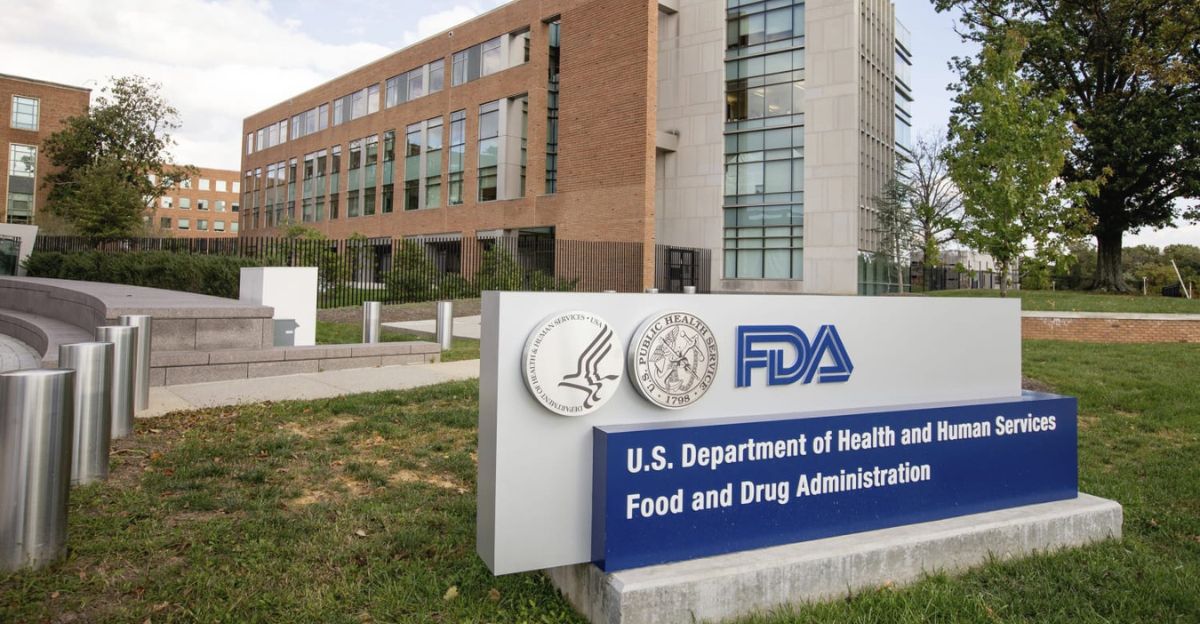
The FDA evaluates the safety of color additives before they can be used in foods, requiring manufacturers to submit detailed petitions with scientific evidence demonstrating safety for intended uses. This process includes rigorous assessment of health effects, exposure levels, and potential risks, with the agency empowered to set usage limits and labeling requirements and to revoke approvals if new evidence suggests harm.
Despite these efforts, critics argue that federal oversight has sometimes lagged behind emerging science, prompting states like West Virginia to enact more stringent regulations. “I still don’t see how we can do this on a state level. I personally think we should wait until it is done on a federal level,” said Pushkin.
National and Political Context
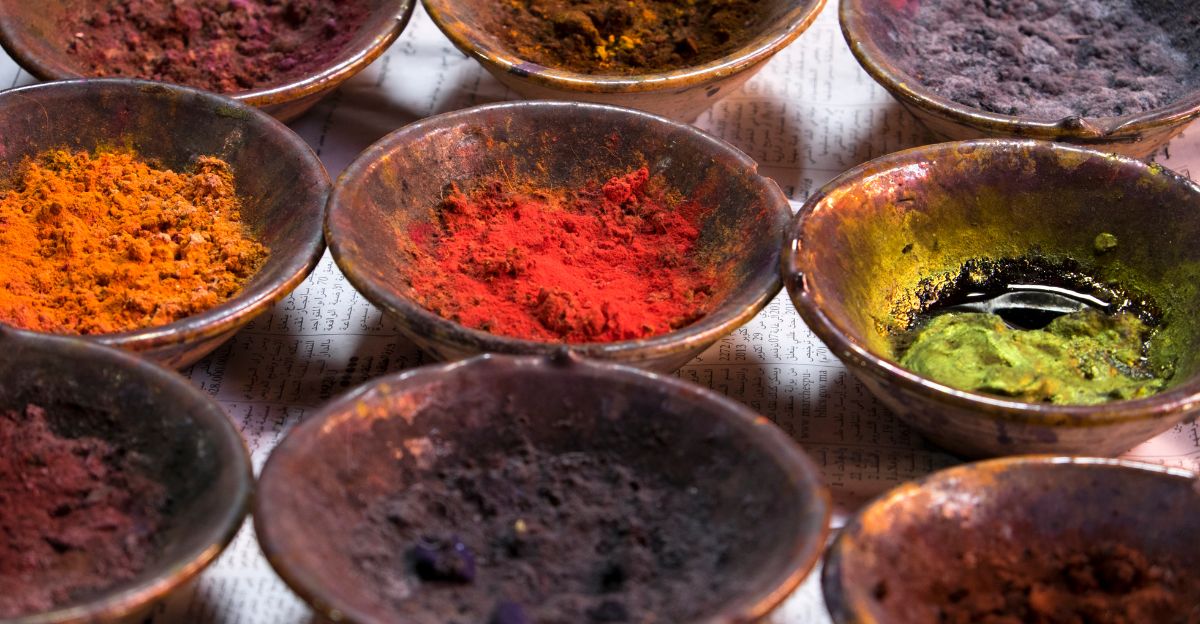
The state’s bold move follows a wave of similar legislative efforts across the country, with at least 20 other states considering or advancing bills to restrict synthetic food dyes and additives. The “Make America Healthy Again” (MAHA) movement, championed by President Donald Trump and Health and Human Services Secretary Robert F. Kennedy Jr., has galvanized support for stricter food regulations, emphasizing children’s health and the need to eliminate unnecessary chemical additives from the food supply.
“I think many see FDA’s belated ban on Red 3 as further evidence that FDA is not very effective at safeguarding the food supply,” said Lisa Lefferts, environmental health consultant.
A Turning Point in U.S. Food Policy
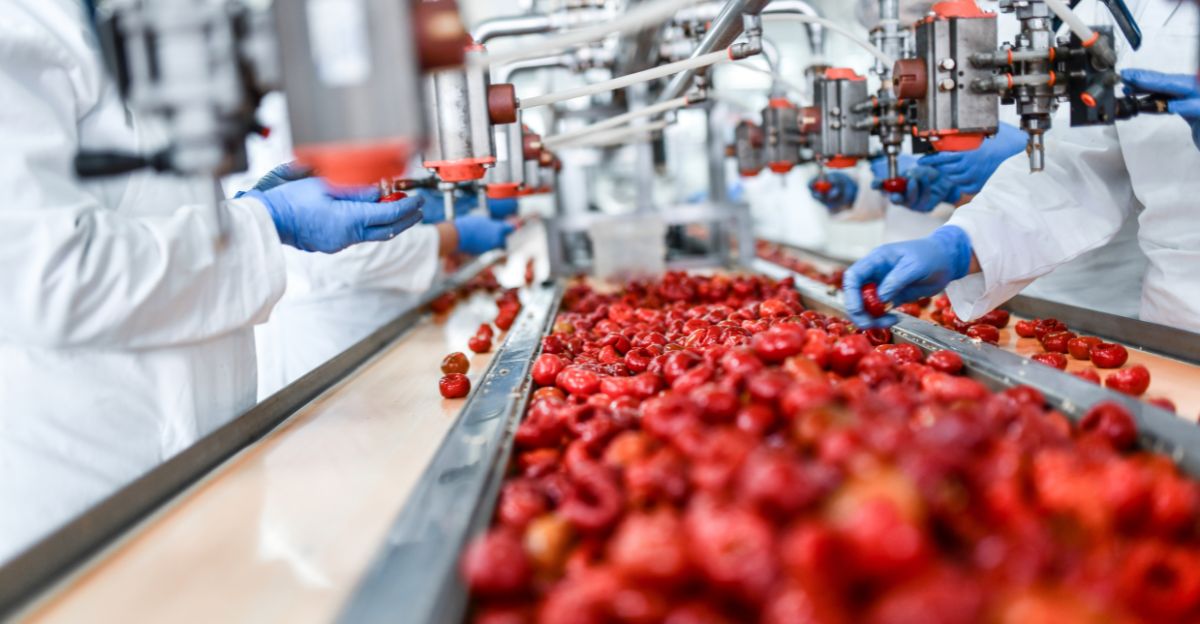
This decision has pressured federal agencies like the FDA and the Department of Health and Human Services to accelerate their plans for phasing out petroleum-based dyes. It has also prompted the creation of national standards and timelines for transitioning to natural alternatives. “Remember this day, because this will be the start of making our state and our children healthier,” Chapman said.
“Today’s announcement represents a step toward a productive dialogue about how West Virginia and our country can eat healthier and address some of the vexing health care problems facing our citizens,” said Governor Morrisey. “Through the implementation process, I look forward to advancing policies which improve our health care outcomes, maintain our jobs, and respect the FDA’s and supply channel’s role in the process.”